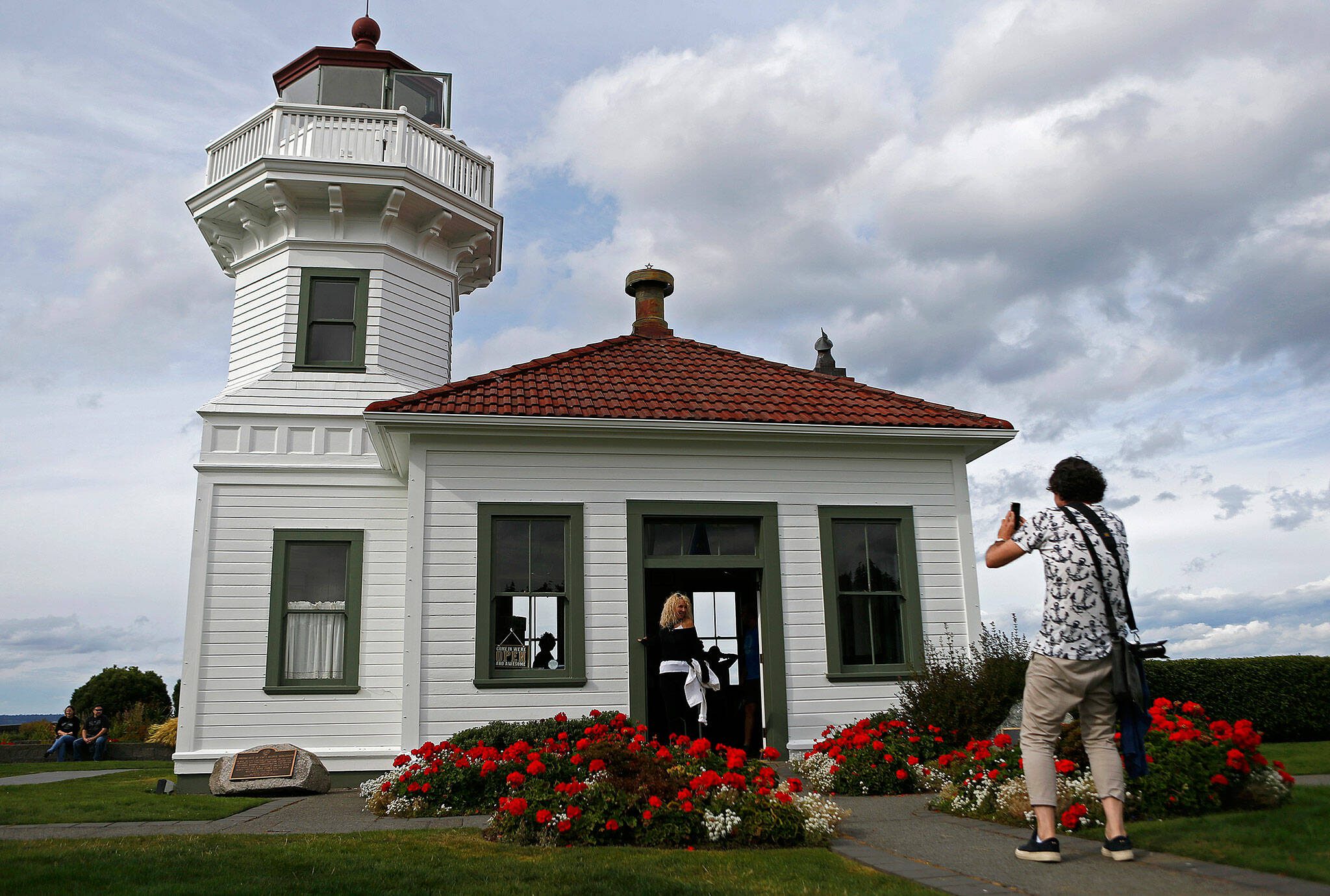MUKILTEO — The Mukilteo City Council voted 5-2 to approve a new biennial budget Monday that is set to leave the city with a $3.4 million general fund deficit by 2026.
The council majority hopes future revenue, including the sale of Hawthorne Hall, the annexation of additional properties and a new automated traffic camera system, will help cover the gap by the time 2026 arrives. If the money doesn’t come, the council could amend the budget to meet a city requirement to keep at least two months of operating expenses — equivalent to 16.7% of the general fund — in reserves.
In 2026, the city would need approximately $3.6 million in reserves to meet that requirement. At the moment, without the possible new revenue factored in, Mukilteo is expected to have only $1 million in reserves by the end of 2026, about $2.6 million short.
As it stands, the $19 million general fund will operate with a $700,000 deficit in 2025. The city’s overall budget for the year, which includes emergency medical services, street funds and capital projects, totals $44 million.
“I hope that things work out next year, but I’m very concerned about basically betting the future of the city’s solvency on unproven programs,” council member Mike Dixon said at the meeting.
The council’s estimates for 2026 including potential new revenue look more optimistic. The council projected the city will earn approximately $300,000 from taxes on annexed properties east of Mukilteo Speedway. Mayor Joe Marine previously said in an email that could take place by early next year. The new traffic camera program could raise about $2.5 million in fines.
Those new revenue streams would leave the city with a $600,000 surplus in 2025 and a $500,000 deficit in 2026, the council estimated.
The City Council approved the budget Monday after more than a month of deliberations. The two detractors, council members Dixon and Steve Schmalz, have been outspoken against the proposed budget since Marine first announced his plans in October. At that time, the budget was set to have a $2.6 million deficit in 2026.
On Monday, both called the approved budget “irresponsible.”
“When I saw this document come from the mayor, I said it’s the most irresponsible document that I’ve ever seen the city produce, and it is,” Schmalz said. “With millions of dollars in deficits, ending fund balances below what we’ve ever seen before, and instead of the council actually taking an approach to check it or save this budget from going over the cliff, they’ve actually made it worse by adding more deficits.”
Those in support argued a resolution passed alongside the budget included protections. The resolution said the council can amend the budget if new revenue doesn’t arise to meet the minimum reserve policy.
“I think it’s very important that we keep an eye on revenues as they come in, because the ending fund balances as shown in 2026, they’re not OK,” said council Vice President Tom Jordal. “What we think is, there’s going to be new revenue that will make it OK.”
“The revenue is speculative, we don’t know,” Schmalz countered later in the meeting. “Cameras? What if no one speeds, right? Then where are we at?”
As part of a number of changes made from the mayor’s preliminary budget, the council is set to give $300,000 each toward its facilities maintenance and equipment replacement funds, which were originally set to have no contributions over the two-year period. The council and city staff found about $300,000 per year in savings, as well, by reducing professional services funding for some departments, eliminating out-of-state travel and decreasing costs for its waterfront parking operation.
“I do think that at least some of the things we adopted are in line with being responsible with the money that we have, in light of the reality that we are going to realize more [revenue] in the future,” City Council President Louis Harris said.
Will Geschke: 425-339-3443; william.geschke@heraldnet.com; X: @willgeschke.
Talk to us
> Give us your news tips.
> Send us a letter to the editor.
> More Herald contact information.

























